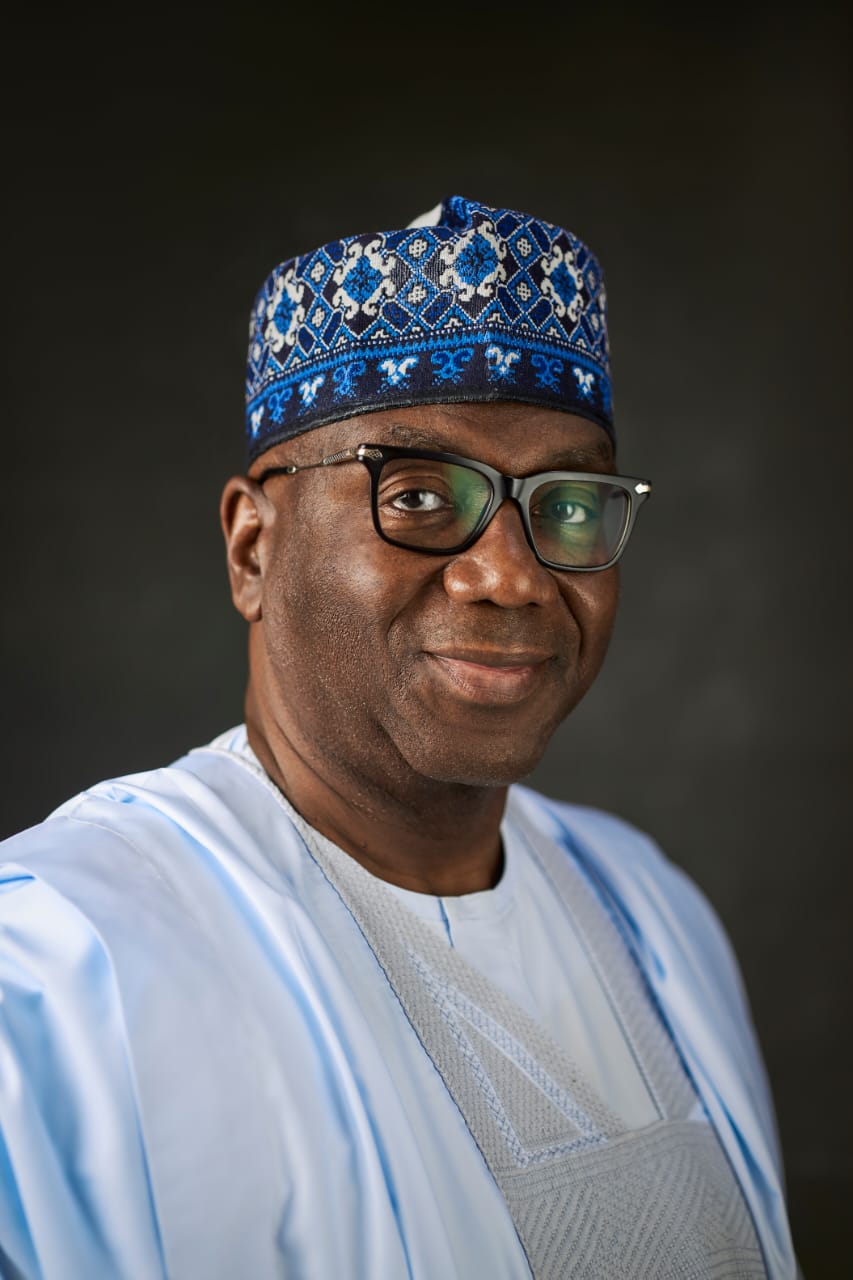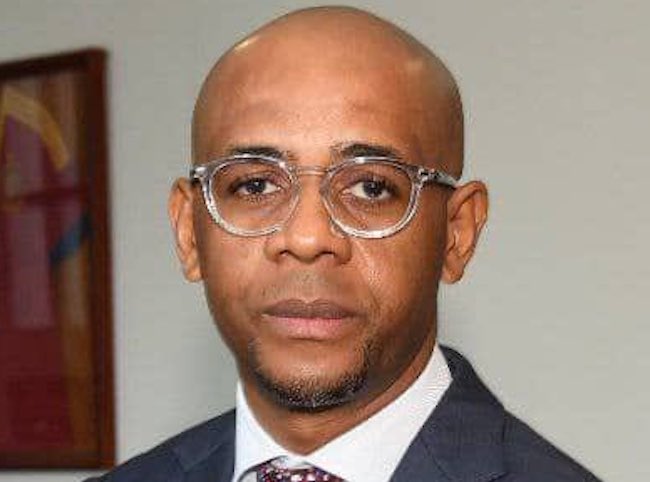
Nigeria, a nation blessed with one of the most dynamic and youthful populations in the world, stands at a critical juncture. With over 60% of its citizens under the age of 25, the country’s future is inextricably tied to the fortunes of its youth. This demographic, which should be the engine driving innovation, economic growth, and social transformation, is instead languishing under the weight of unemployment, underemployment, and systemic neglect. Despite the appointment of two ministers specifically tasked with addressing youth issues, the situation remains dire. Dr. Jamila Bio Ibrahim, the Minister of Youth Development, and Ayodele Olawande, Minister of State for Youth – both of them relatively youth themselves – have been conspicuously absent in their roles, offering little in the way of tangible progress or hope. The disconnect between the leadership and the realities faced by young Nigerians is stark, and it underscores the urgent need for change.
The decision to adore the Ministry of Youth development with distinct ministers was initially seen as a strategic move by the Tinubu government. The idea was that with two ministers, each focusing on different aspects of youth development, there would be a more comprehensive and focused approach to solving the myriad challenges facing young people in Nigeria. However, this dual-ministerial structure has proven to be a failed experiment. Instead of delivering results, it has created a bureaucratic quagmire, where responsibilities overlap, communication is lacking, and initiatives are stalled.
Dr. Jamila Bio Ibrahim and Mr. Ayodele Olawande, despite their high-profile positions, have largely been ineffective in addressing the pressing issues that plague Nigeria’s youth. Since their inauguration, there has been a noticeable lack of significant initiatives or programs aimed at tackling the root causes of youth unemployment, poor education outcomes, and inadequate skills development. The dual-ministerial structure, rather than being a beacon of hope, has become emblematic of the inefficiency and stagnation that characterize much of Nigeria’s governance.
For Nigeria’s youth, the situation is nothing short of a crisis. The unemployment rate among young people is alarmingly high, with the National Bureau of Statistics reporting figures that exceed 53%. This statistic is not just a number—it represents millions of lives stuck in a cycle of poverty, frustration, and hopelessness. For many young Nigerians, the dream of securing a stable job, let alone a fulfilling career, remains out of reach. The government’s repeated promises of job creation and economic empowerment have amounted to little more than empty rhetoric.
Education, which should be the foundation for youth empowerment, is another area where the government has failed to deliver. The disconnect between the skills taught in schools and those demanded by the job market has left many graduates unemployable. Despite this glaring issue, there has been no concerted effort by either Dr. Jamila Bio Ibrahim or Mr. Ayodele Olawande to reform the youth ministry to align it more closely with the needs of the economy. The result is a generation of young people who are inadequately prepared to participate in the workforce and who are left to navigate an increasingly competitive and unforgiving job market with little support.
Entrepreneurship, often heralded as the solution to youth unemployment, is another area where the government’s efforts have fallen short. While both ministers have spoken about the importance of supporting young entrepreneurs, the reality on the ground tells a different story. Access to capital remains a significant barrier, with many young entrepreneurs struggling to secure the funding they need to start or grow their businesses. The regulatory environment is also challenging, with many young business owners facing bureaucratic hurdles that stifle innovation and growth. Despite these challenges, there has been no significant policy shift or initiative from either minister to address these issues. The result is a growing sense of disillusionment among Nigeria’s youth, who feel abandoned by their leaders and left to fend for themselves in a hostile economic environment.
The current state of youth affairs in Nigeria cannot be allowed to continue. The two ministers responsible for youth development—Dr. Jamila Bio Ibrahim and Mr. Ayodele Olawande —must be held accountable for their lack of action. It is not enough for them to occupy high-profile positions; they must demonstrate tangible results. The youth of Nigeria deserve better than empty promises and poorly executed initiatives. There needs to be a transparent evaluation of their performance, with a focus on outcomes rather than intentions. What concrete steps have they taken to address youth unemployment? What programs have been implemented to support young entrepreneurs? Where has the funding allocated to youth development gone? These are questions that demand answers.
Furthermore, the leadership within these ministries needs to be scrutinized. If Dr. Jamila Bio Ibrahim and Mr. Ayodele Olawande cannot deliver the change that Nigeria’s youth desperately need, then it is time for a change in leadership. The country cannot afford to continue on this path of stagnation, where the youth are left to navigate a future with little to no support from those who are supposed to champion their cause. There needs to be a new approach, one that prioritizes the needs and aspirations of young Nigerians and that is rooted in accountability, transparency, and results.
The frustration among Nigeria’s youth is palpable, and it is not unfounded. The existence of two ministers of youth has not resulted in a more effective or responsive government; instead, it has highlighted the inefficiencies and systemic issues that continue to hinder the country’s progress. For Nigeria to truly harness the potential of its youth, there needs to be a paradigm shift in how youth issues are addressed.
Furthermore, there needs to be a comprehensive strategy that addresses the root causes of youth unemployment, underemployment, and disengagement. This strategy should be built on actionable policies, clear goals, and measurable outcomes. Moreover, it should involve the active participation of young people themselves, ensuring that their voices are heard and their needs are met.
Nigeria’s youth are not just the leaders of tomorrow—they are the leaders of today. They have the power to drive change, to innovate, and to transform their communities. But they cannot do it alone. They need the support of a government that is committed to their development, that is willing to invest in their future, and that is accountable to them. The time for change is now, and it is up to the government, particularly the ministries of youth, to step up and deliver the leadership that Nigeria’s youth deserve.
This shift must start with a reevaluation of the current leadership and structure within the Ministry of Youth Development. It is time to put an end to the rhetoric and deliver on the promises made to the youth. If Dr. Jamila Bio Ibrahim and Mr. Ayodele Olawande cannot rise to the occasion, then they must make way for those who can. The future of Nigeria depends on it.
Opeyemi Oladimeji is a youth development advocate, and a PhD Candidate at the Global Affairs and Sustainable Development Institute (GASDI), Osun State University, Osogbo. He can reached through [email protected]








